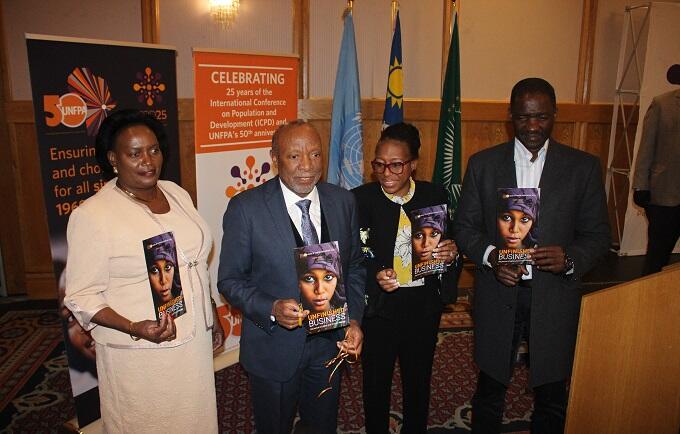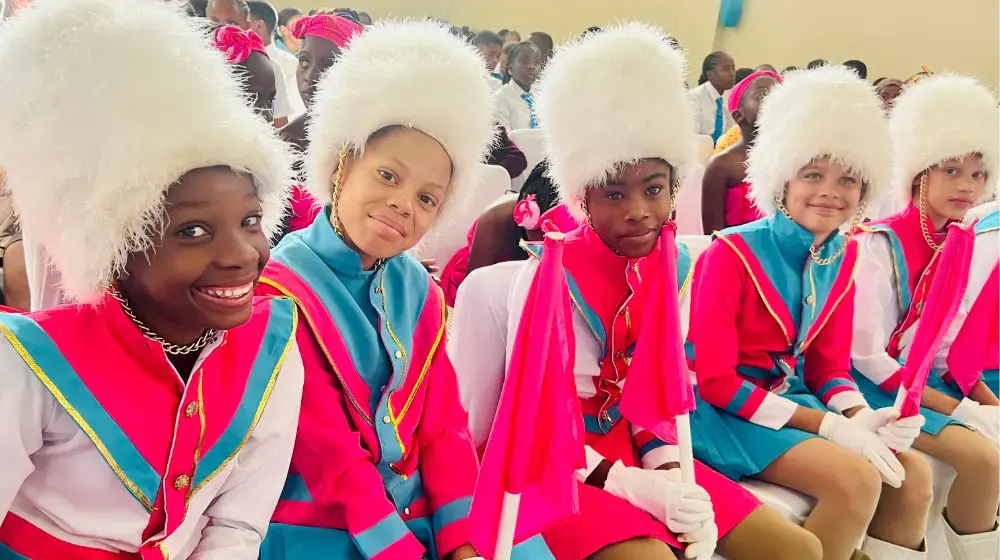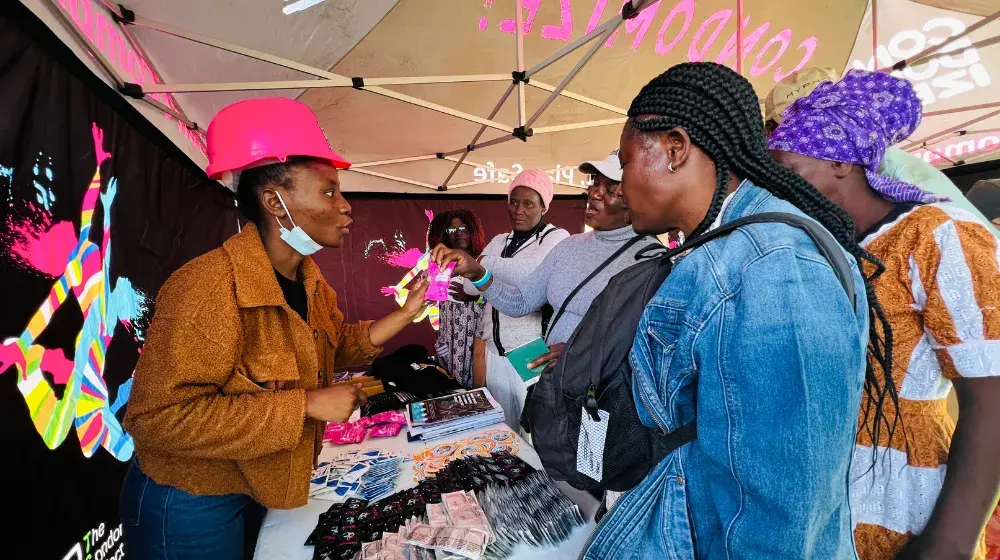WINDHOEK, Namibia – While Namibia and the world at large have yielded results toward advancing the goals of the International Conference on Population and Development (ICPD), Vice President H.E. Dr. Nangolo Mbumba has called for stronger efforts geared at strengthening commitments of the ICPD in order to secure the rights and dignity of all.
“In the context of Namibia, the Government continues to support the ICPD and we will continue to lend our voice to this important subject,” said H.E. Dr. Mbumba, adding that “since 1994, Namibia devotedly pursued the implementation of the ICPD, by putting women and girls rights, particularly their reproductive rights at the center of the country’s quest towards shared prosperity, while also improving the primary public health sector”.
Dr. Mbumba was speaking at the media orientation to mark the 25th anniversary of the ICPD, 50th anniversary of UNFPA and the launch of 2019 State of World Population (SWOP) Report themed “Unfinished business: The pursuit of rights for all” as part of Namibia roadmap to Nairobi.
The SWOP highlights the barriers that women and girls the world over have faced that prevent them from fully exercising their reproductive rights. The establishment of the UNFPA 50 years ago, and provides recommendations on how governments, civil society organizations and international agencies can work together to help overcome the said barriers.
The report highlights that while much progress has been made globally in extending access to sexual and reproductive health services and information to people everywhere, this progress has been uneven and inequalities persist, both within and between countries.
The Vice President, while acknowledging the great effort made in country to educate, empower and employ young people to make informed decision and choices about their health, leadership and participation; he expressed concern that despite the major achievements witnessed in the field of HIV/AIDS, HIV infections are regrettably increasing among young people, particularly among adolescent girls. The teenage pregnancy rate is also high in the country, reported at 19% nationally but as high as 35% in some regions.
“Therefore, it is clear that we need to take renewed action to confront this phenomenon head on. We will continue to work with stakeholders to address these issues, including issues of gender-based violence and drug and alcohol abuse, which are quite detrimental to the country's development efforts. In doing so, we will be able to reach those furthest behind first, especially our adolescent and marginalised girls,” he said.
According to H.E. Mbumba, efforts by development partners such as the UNFPA with reports such as the SWOP serve as the needed platform and motivation to increase the awareness of all stakeholders on the critical issues required towards investing and supporting the future of women and young people.
“The government of Namibia is pleased that we have the commitment from UNFPA and partners as strong proponents of the ‘the triple threat E’s that our young people need EDUCATION, EMPLOYMENT and EMPOWERMENT to make informed decision and choices about their health, participation and leadership,” he said.
He urged the media to continue stimulating debate and public dialogues towards fulfilling the promise of Cairo by bringing out these key issues and as a former Minister of Information believes the media has a key role to play ensuring that Namibia fulfills the commitments of the ICPD.
At the same media orientation meeting, Ms. Dennia Gayle, UNFPA Representative said Namibia has achieved a lot since the establishment of UNFPA in 1969 and the Cairo Conference in 1994 citing HIV prevalence in Namibia which stands at 12.6% representing a 50% reduction on HIV transmission in 5 years “ In a bid to ensure Namibia continues to make progress towards sustainable development, the government issued an acceleration plan and called on all to Harambee towards a vision of shared prosperity,” she stated. Gayle added that UNFPA remains committed and fired up especially to ensure that women and girls fulfill their potential.
“We will mobilise every dollar, galvanise every ally, forge new alliances and partnerships, insist on every action, identify and search for new and innovative solutions, reach to the very last mile and secure a new set of ambitious commitments essential to accelerate rights and choices for all,” she said.
By Emma Mbekele





